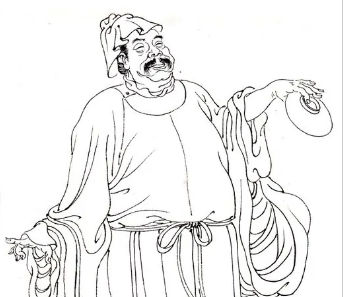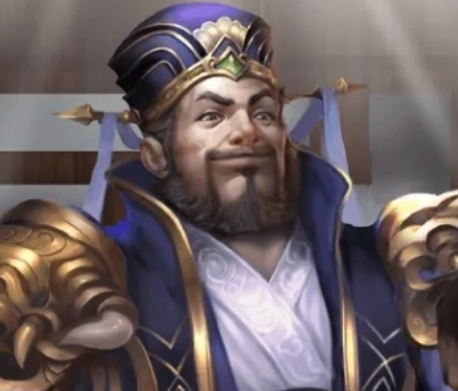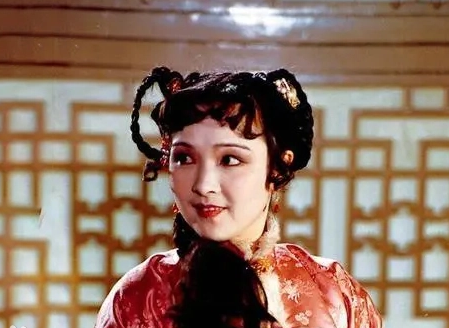The Southern and Northern Dynasties period in Chinese history was an era full of turmoil and transformation. Liu Yu, the founding emperor of the Liu Song Dynasty in the Southern Dynasty, established a dynasty that was eventually overthrown after several generations. This article will explore the overthrowers of the Liu Yu dynasty and the political processes behind this historical event.

Liu Yu, also known as Deyu and nicknamed Jinu, was the founding emperor of the Liu Song Dynasty in the Southern Dynasty. He emerged from humble origins but rose to prominence in the chaotic late Eastern Jin Dynasty through his military prowess and political acumen, ultimately founding the Song Dynasty, known historically as Liu Song. During his reign, Liu Yu implemented a series of reform measures to strengthen centralization, bringing about a period of stability and prosperity in the country. However, the foundation of the Liu Yu dynasty was not solid, and internal and external troubles persisted.
After Liu Yu's death, his son Liu Yifu succeeded him but was soon deposed, and Liu Yilong ascended the throne as Emperor Wen of Song. During Liu Yilong's reign, while the country maintained a period of stability, internal royal struggles and power struggles remained frequent. The subsequent emperors of Liu Song were mostly weak and incompetent, and the government was often controlled by powerful officials, gradually destabilizing the Liu Song regime.
The overthrower of the Liu Yu dynasty was Xiao Daocheng. Xiao Daocheng was a powerful official in the later period of Liu Song. He gradually gained control of the government during the internal turmoil and decline of imperial power in Liu Song. During the reign of Liu Zhun, the last emperor of Liu Song, Xiao Daocheng weakened the power of the Liu Song imperial family through a series of political means, ultimately forcing Liu Zhun to abdicate the throne to him in 479 AD, ending the reign of the Liu Yu dynasty. Xiao Daocheng then established the Qi Dynasty, known as the Southern Qi, marking a new phase in the history of the Southern Dynasty.
The end of the Liu Yu dynasty was not only the termination of a family's rule but also reflected the frequent and unstable changes in political power during the Southern Dynasty. The overthrow of the Liu Yu dynasty was due to the combined effects of various factors. On the one hand, the internal struggles and power struggles within the Liu Song imperial family weakened imperial power, making it difficult for the emperor to effectively govern the country. On the other hand, the rise of powerful officials such as Xiao Daocheng reflected the increasing influence of local elites and military generals on the central government.
These factors together led to the downfall of the Liu Yu dynasty. By exploring the historical event of the overthrow of the Liu Yu dynasty, we can not only gain a deeper understanding of the political turmoil during the Southern Dynasty but also draw historical lessons from it, reflecting on the operation of power and the construction of political systems. The story of Liu Yu is an indispensable chapter in ancient Chinese history, reminding us that political stability and the consolidation of imperial power are crucial for the long-term governance of a dynasty.
Disclaimer: The above content is sourced from the internet and the copyright belongs to the original author. If there is any infringement of your original copyright, please inform us and we will delete the relevant content as soon as possible.
































